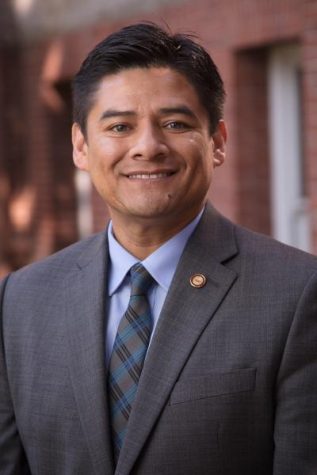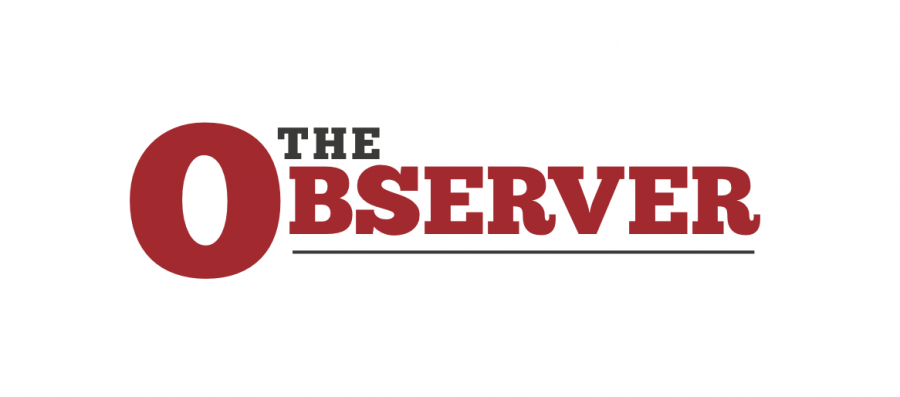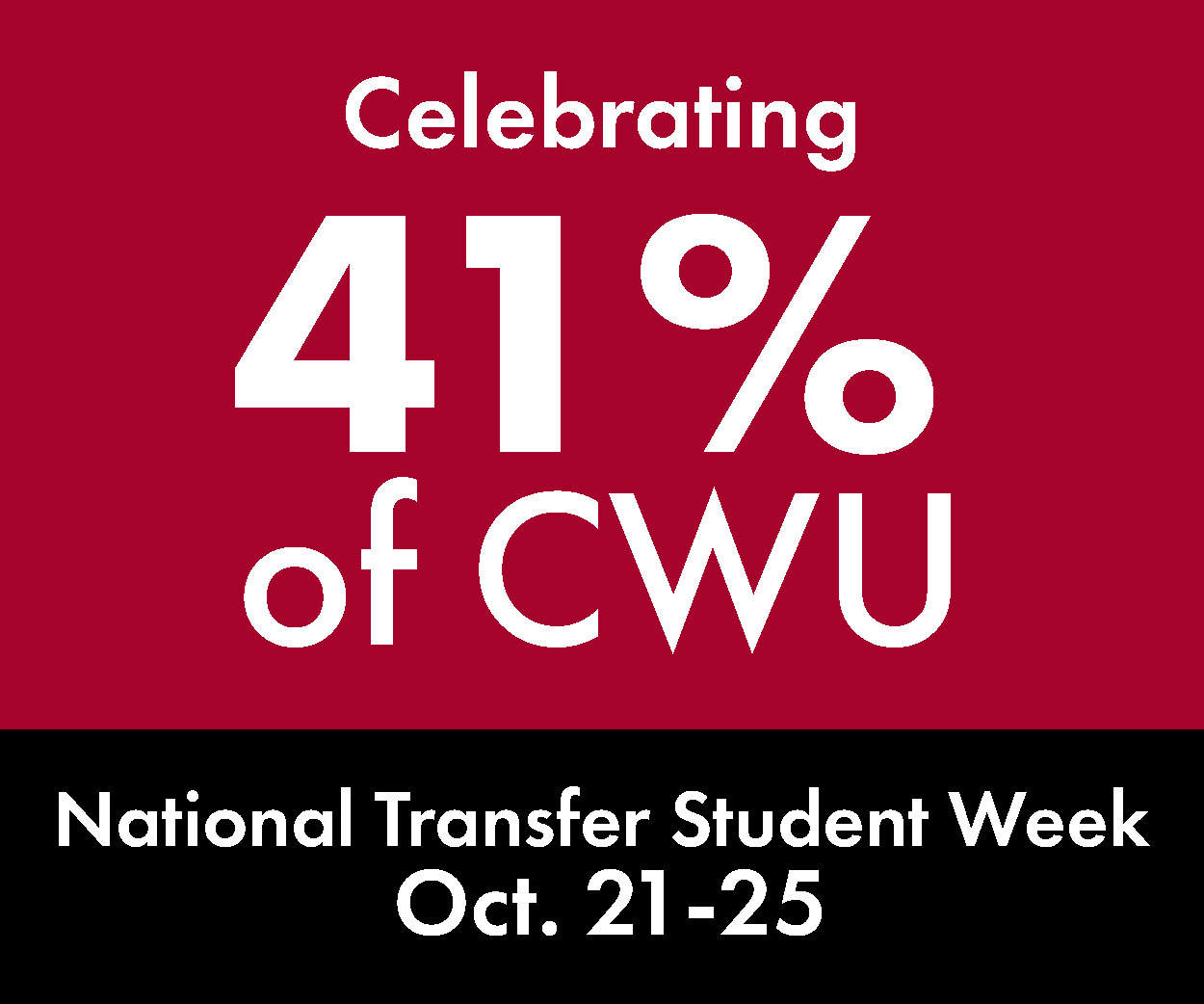Faculty hotline created to report fraudulent activity
November 30, 2018
CWU’s business and financial affairs office recently launched a new confidential hotline for internal auditing. The hotline is for faculty members to directly report their concerns to Jesus Baldovinos, the internal audit manager for the business and financial affairs office via the hotline number or webpage.
Baldovinos became the business and affairs internal auditor in July. Before working as the internal auditor for CWU, he spent 14 years working with the Washington State Auditor’s Office. He conducted state and local government audits, including fraud investigations.
“For many years I was the external auditor because I would come to Central as the external monitor and perform their annual financial statements and I got hired,” Baldovinos said. “In the 14 years as a state auditor, we had a hotline that’s similar to the confidential hotline we have here at CWU.”

Faculty members can report any suspicions of illegal, unethical and irresponsible or unsafe activities anonymously.
All of these actions can have serious consequences including financial loss, legal liability, reduced morale and diminished public trust.
The hotline was made to ensure that CWU is conducting its fiscal affairs in full compliance with the law and university policy and procedures. This is to strengthen and promote ethical and fair practices and treatment for all members of the community.
According to Staci Sleigh-Layman, executive director of human resources, when someone alleges that an employee has violated a law, regulation or policy, CWU conducts an investigation.
“Depending on the nature of the case, however, I may engage the assistance of Jesus Baldovinos, CWU’s Internal Auditor. Regardless of who does it, an investigation includes talking with people [and] examining relevant sources including financial, email and phone records,” Sleigh-Layman said.
Faculty members who commit any possible policy violations will be audited by Baldovinos. The suspected faculty member could be required to participate in training so the situation doesn’t happen again, the process might be changed to ensure there are more approvals and oversight, and the faculty member could be terminated.
Faculty members can go to the online internal-audit domain and file a confidential report. Baldovinos receives and investigates all reports and decides whether to act on them or not.
According to Sleigh-Layman, after a more extensive investigation, Baldovinos potentially will contact her for an ethics investigation, or he may talk with those who are mentioned in the report. She noted that he is the “switchboard” which determines how the institution responds to the anonymous report.
“I’ve been here since 1984. I can think of a couple of cases over the years that were actually considered fraud,” Sleigh-Layman said. “Most of the violations of the ethics law we deal with are because people don’t understand their responsibility as a university employee.”
Because the hotline is completely anonymous when submitting suspicions of fraud, it can make it substantially more difficult to investigate.
“Often people don’t understand what information is important to us in order to conduct a thorough and meaningful investigation,” Sleigh-Layman said. “Without a complainant who we can contact to get more information or to ask clarifying questions, we are unable to determine there was a violation.”
The confidential hotline could be a game-changer for the crackdown on any suspicion of fraud intentionally or inadvertently committed according to Baldovinos.
“In order to continue to merit the public’s confidence, we must work individually and collectively to uphold our high standards,” Baldovinos said. “One of the continuing challenges here, as in other large, complex and decentralized organizations, is the occasional occurrence of unethical, illegal or unsafe conduct in the workplace.”



Internal Audit • Feb 26, 2020 at 5:14 pm
Great article about the Internal Audit Hotline. If I may just point out one small correction; The Hotline is for faculty and staff (All Employees)….
Like I said, just a small correction.